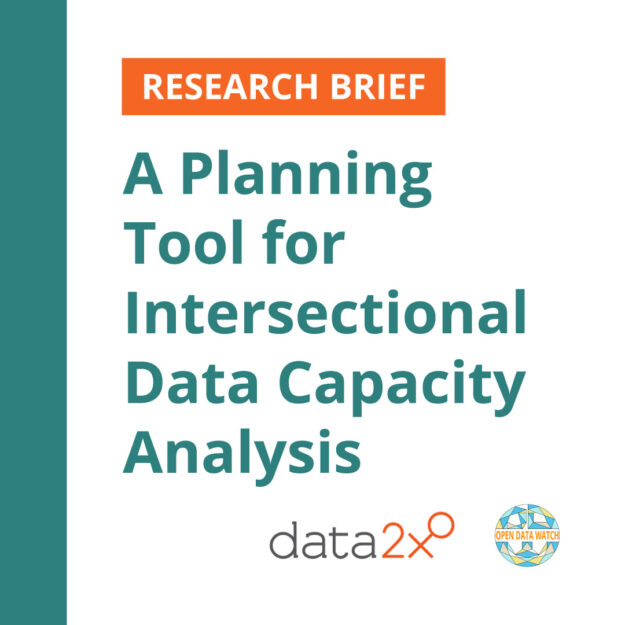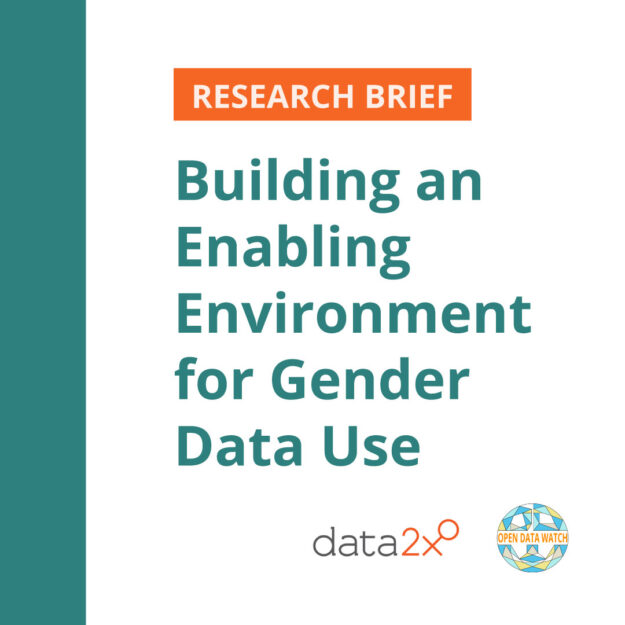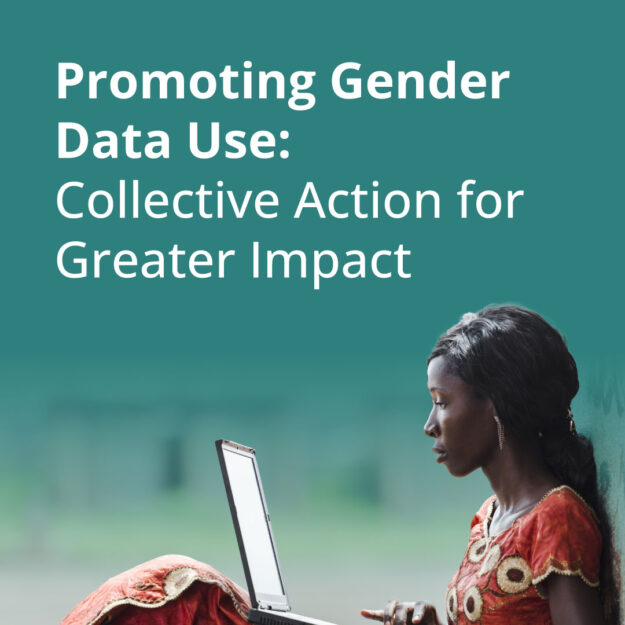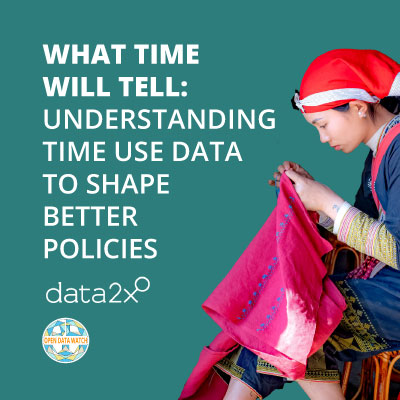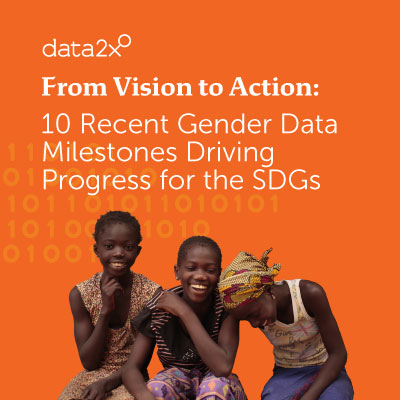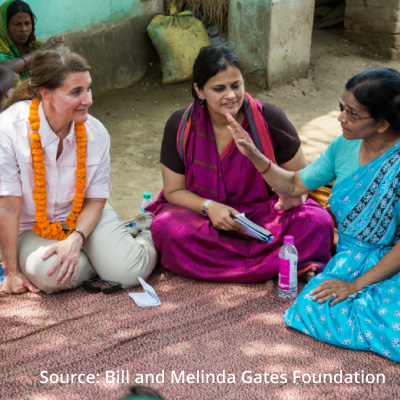ODW is an international non-profit, non-governmental organization that monitors progress and provides assistance to organizations that produce and manage official statistics on how to use open and accessible data to meet Sustainable Development Goals. DATA2X is an international technical and advocacy platform dedicated to improving the quality, availability, and use of gender data to make a practical difference in the lives of women and girls worldwide.
Only 1 out of 7 SDG indicators contain data disaggregated by more than one population characteristic, leaving many people in vulnerable interconnected situations invisible to natiional statisitics. This paper presents an actionable planning guide for gathering and using intersectional data.
Analyzing multi-layer interactions of a successful enabling environment. this brief diagnoses critical factors for facilitating movement from collection and publication of gender data to its use and impact,
This brief shares examples of how gender data are shaping policies and actions around the world, and how collaborative efforts by a wide range of groups can substantially improve gender data use and impact.
Time use data for paid and unpaid work reveal where informed policies can have real impact on, for example, social protection, gendered labor, care-giving, the economy and the environment. This brief explores the trends and potential of time use data and evaluates examples of impact already seen in various countries.
While traditional data disaggregation — separating data by gender, age, or income — helps identify disparities, it often misses how multiple factors overlap. Intersectional data allows us to see the full picture.
This brief provides a practical guide for planning to build better data systems by integrating intersectionality at each stage of the data value chain, improving the quality and value of data, and creating meaningful impact.
Gender data is now deeply woven into SDGs with ten notable areas of achivement to close data gaps, integrate gender data into policymaking, and create lasting partnerships that improve gender equality worldwide.
Well-resourced statistical systems ensure accurate and comprehensive gender-disaggregated data essential to informed policymaking. But countries are facing tightening international assistance for data, so this report examines options for domestic resourcing to assure sustainability and autonomy of national statistical initiatives.
Focusing on individual transaction data from ODA projects, this research analysis shows how adequate financing of reliable and nuanced gender data can identify and address gender disparities with truly effective policies, interventions, monitoring and accountabiliy.
Though leaving Gates Foundation, Melinda French Gates will continue to champion evidence-informed gender equality through her Pivotal Ventures group, with $1 billion for integration of gender equality into core values and practices at national, local, and global levels.


